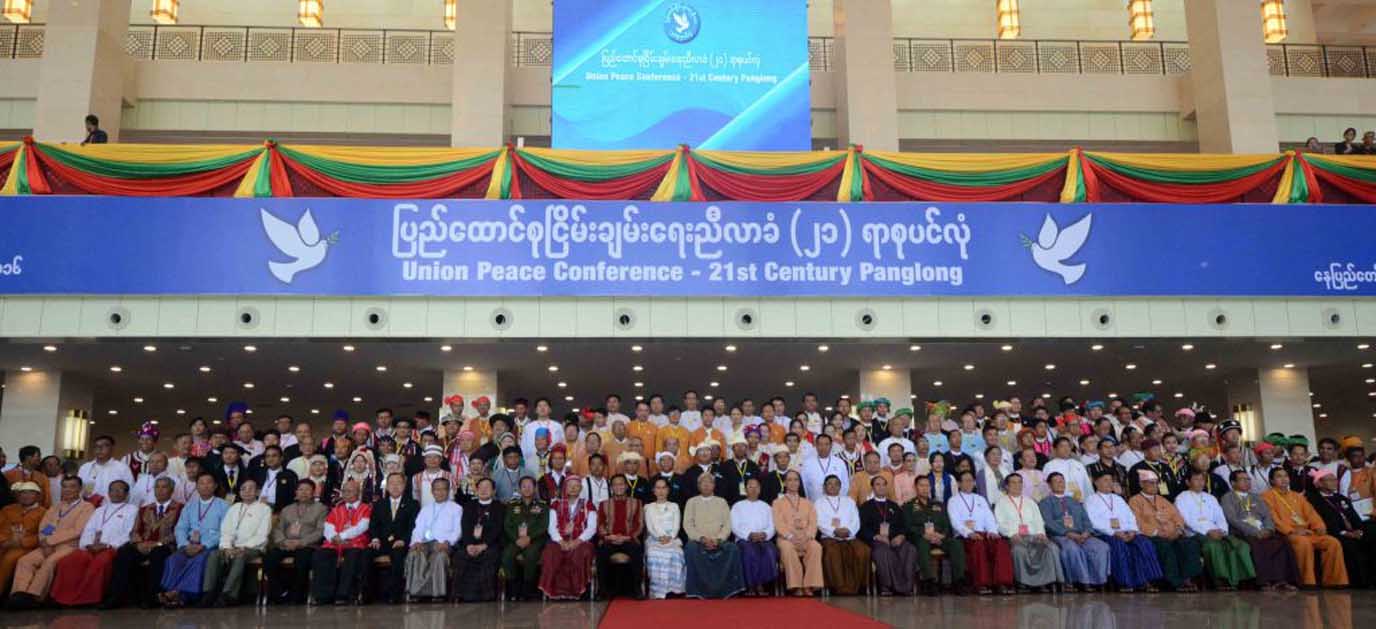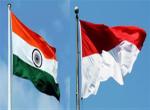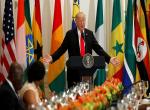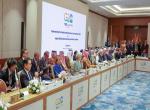The second session of the 21st Century Panglong conference concluded on 29 May after having been extended by a day. The first session of the conference held under the leadership of Daw Aung San Suu Kyi in end August last year had set out an ambitious agenda to bring all the warring groups on the table to forge out a common understanding for resolving the political, economic, military and variety of other issues between all the stakeholders. While it was decided to have a series of conferences at half yearly intervals to iron out the differences the fact that the second session took much more than six months to come about indicates the complexities of the peace process.
The previous military government had signed a Nationwide Ceasefire Agreement (NCA) with eight ethnic armed organizations in October 2015. There were a number of other ethnic armed groups that have stayed from signing the NCA. The non-signatories to the NCA were also invited to join the second session as ‘special guests’ but they could only attend as observers.
The ethnic armed organizations (EAO) led by the United Wa State Army (UWSA) have been questioning the government and the military on their approach to the peace process. The Northern Alliance comprising of UWSA, the Kachin Independence Organization (KIO), National Democratic Alliance Army (NDAA), Shan State Progress Party/Shan State Army-North (SSPP/SSA-N), Ta’ang National Liberation Army (TNLA), the ethnic Kokang Myanmar National Democratic Alliance Army (MNDAA) and the Arakan Army (AA) had held their conference in mid-April to coordinate their approaches. This is the group which has not signed the National Ceasefire Agreement. These EAOs are the major hold outs and have not joined the Panglong conference in a meaningful way. They are chary of either laying down their arms or give up an armed struggle. Tatmadaw sees them as an obstacle on the path to peace and reconciliation.
It is also interesting to note that the Chinese have been playing an important role especially in respect of UWSA in bringing them to the negotiating table. In fact, during Aung San Suu Kyi’s visit to China to attend Belt and Road Forum in mid-May President Xi Jinping had said that “China is willing to continue to provide necessary assistance for Burma’s internal peace process”. China’s Special Envoy for Asian Affairs, Sun Guoxiang is reported to have met State Counsellor Aung San Suu Kyi on May 23.Earlier, the representatives of these groups had met the Chinese envoy in Kunming, Yunnan. These meetings were instrumental in facilitating the meeting between with Aung San Suu Kyi and UWSA-led groups for the Panglong-2. Though, it is a different matter thatthese groups left thereafter without attending the main conference and nothing substantial was achieved out of the meeting.
While China exercises a major influence on groups like the UWSA its role in the peace process is far from being transparent. While it favours stability in the border regions because its gas and oil pipelines to Arakan coast passing through the disturbed regions dominated by these groups it continues to arm and support powerful ethnic armed groups like the UWSA. China would also prefer to continue supporting such groups to exercise leverage in case Myanmar seeks to move away from China’s strategic and economic interests. Signing of NCA by the UWSA would have negative impact not only on the interests of the UWSA but also on China’s interests.
Insofar as the ticklish issues of negotiation process are concerned federalism and its nature and the structures that needs to be ushered in remains the bone of contention between the government, Tatmadaw and the ethnic armed groups. A major issue that received lot of attention and which was the subject of heated debates was the question of including ‘non-secession’ as one of the abiding principles or guidelines for ongoing peace process. While military and the government insists on its inclusion the ethnic armed groups feel that there is no need for that as it is already implicit in the ongoing process. Some NCA signatory groups have also argued that that by signing the NCA text, the signatory groups had demonstrated trust in what are referred to as the state’s—and previously the military regimes’—Three Main (National) Causes: “non-disintegration of the Union, non-disintegration of national solidarity and perpetuation of sovereignty.” However, the government circles apparently feel less assured in case ‘non-secession’ is not specifically mentioned in the agreement because of historical implications of this term as it was part of the Panglong 1947 Agreement. Since the armed groups were against inclusion of ‘non-secession’ therefore, according to the government officials, there was no agreement on the questions of having own state constitutions or self-determination.
However, Myanmar government has claimed that 37 of 45 points under discussions have been agreed upon though exact details of the same are not exactly clear. These agreed points broadly cover political aspects of a Union based on democracy and federalism, with the right of self- determination; no ethnic races to be given special privileges; and states and regions to write their own constitutions and laws in accordance with the 2008 constitution. The points that have not been agreed upon have been left over for the next session of the conference. But then, it is precisely the 2008 military dominated Constitution which needs to be amended. Aung San Suu Kyi is keen to conclude the peace process or at least make a major headway before the next round of elections due in end 2020. She is a strong votary of amending the Constitution but the military continues to be the main opponent of such an amendment as it is bound to lose its overwhelming power exercised through the present Constitutional arrangements.
Insofar as India is concerned the NSCN (Khaplang) spread across the borders of India’s Manipur State and Myanmar’s Sagaing Division is not a signatory to the NCA even while it has a bilateral ceasefire with the Yangon government. This enables the NSCN (K) to recuperate, train and arm its cadres for ambushes against Indian security forces in Manipur. The NSCN (K)’s core ideology militates against signing the NCA, therefore Indian and Myanmar governments need to join together to eliminate this group. Additionally, a multi-party law-makers group from Myanmar’s central and State legislatures had toured India in recent months to learn from India’s experience in distribution of power between the Central Government and the States. They were also keen to learn from India’s experience with insurgent groups especially concerning New Delhi’s accord with Mizo insurgent group. India’s experience could be a guide for the ongoing negotiations for peace and reconciliation.
Meanwhile, building peace when important NCA groups like the Northern Alliance remain out of the peace process would be a herculean task. An inclusive peace process will give it more legitimacy. While the outcome of the negotiated peace process may not satisfy all, at the minimum, it should be able to meet the requirements of the majority of the stakeholders. The ethnic armed groups also need to realize that there can only be one military/army and not a profusion of state or provincial armies as some of them have been demanding under the rubric of autonomy. There is plenty of preliminary work to be done as part of the preparations for the next session of Panglong-21 if the government wants to achieve a meaningful result from the next round in coming six months or so.
Image Source: http://www.globalnewlightofmyanmar.com











Post new comment